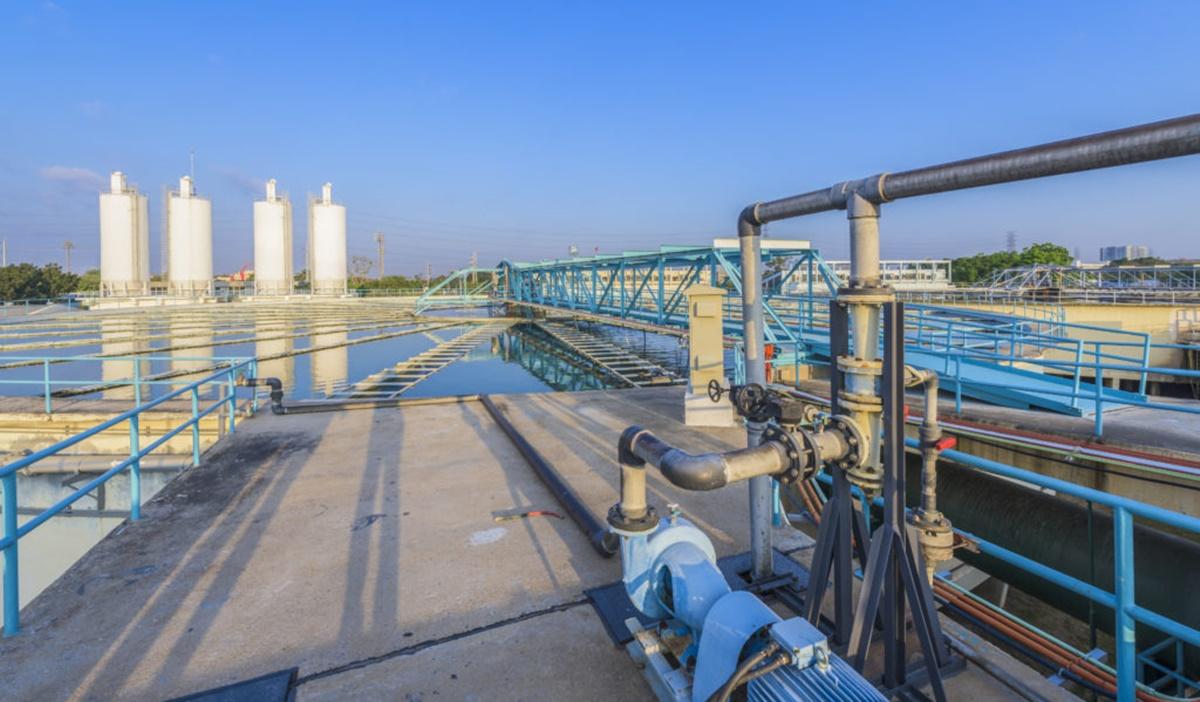Water treatment plants are facilities designed to remove contaminants and pollutants from water sources to make them safe for human consumption, agricultural use, and industrial applications. The effectiveness of water treatment plants varies depending on several factors such as the type of contaminants present in the water, the treatment process used, and the efficiency of the equipment and technology used in the treatment process.
In this blog, we will discuss the effectiveness of water treatment plants and factors that can impact their performance.
Types of Contaminants in Water:
Water can contain a variety of contaminants, including bacteria, viruses, algae, organic and inorganic chemicals, sediment, and heavy metals. The type of contaminants present in the water depends on several factors such as the source of the water and the surrounding environment. For example, water from rivers or lakes may contain sediment and organic matter, while water from industrial sources may contain chemicals and heavy metals.

Treatment Processes:
There are several treatment processes used in water treatment plants to remove contaminants from water. Some of the most common treatment processes include:
- Coagulation and flocculation: This process involves adding chemicals to the water to coagulate or clump together contaminants, which can then be removed through filtration or settling.
- Sedimentation: This process involves allowing water to sit in a tank or basin to allow the heavier particles to settle at the bottom of the tank.
- Filtration: This process involves passing water through various filters to remove particles, bacteria, and other contaminants.
- Disinfection: This process involves adding chemicals such as chlorine or ultraviolet light to kill bacteria and other microorganisms.
Effectiveness of Water Treatment Plants:
Water treatment plants are generally effective in removing contaminants from water and providing safe drinking water for communities. However, the effectiveness of the treatment process can vary depending on several factors such as the type and concentration of contaminants present in the water, the treatment process used, and the efficiency of the equipment and technology used in the treatment process.
For example, while most water treatment plants are effective in removing bacteria and viruses, some may struggle to remove chemicals or heavy metals. Additionally, the presence of certain contaminants may require more advanced treatment processes, which can be more costly and complex.
Factors Affecting the Effectiveness of Water Treatment Plants:
Several factors can impact the effectiveness of water treatment plants, including:
- Quality of source water: The quality of the source water can impact the effectiveness of the treatment process. Water with high levels of contaminants may require more advanced treatment processes to remove them effectively.
- Equipment and technology: The efficiency of the equipment and technology used in the treatment process can impact its effectiveness. Outdated or poorly maintained equipment may not be as effective in removing contaminants.
- Treatment process: The treatment process used can impact the effectiveness of the water treatment plant. Some processes may be more effective in removing certain contaminants than others.
- Human error: Human error, such as improper maintenance or monitoring, can impact the effectiveness of the water treatment plant.
Conclusion:
Water treatment plants are an essential part of providing safe and clean drinking water to communities. While they are generally effective in removing contaminants from water, their effectiveness can vary depending on several factors. To ensure that water treatment plants are as effective as possible, it's important to invest in advanced equipment and technology, maintain and monitor the plant regularly, and use the appropriate treatment process for the type and concentration of contaminants present in the water source.
Get in touch with us by placing a call at +91-9650608473 or email at enquiry@netsolwater.com
